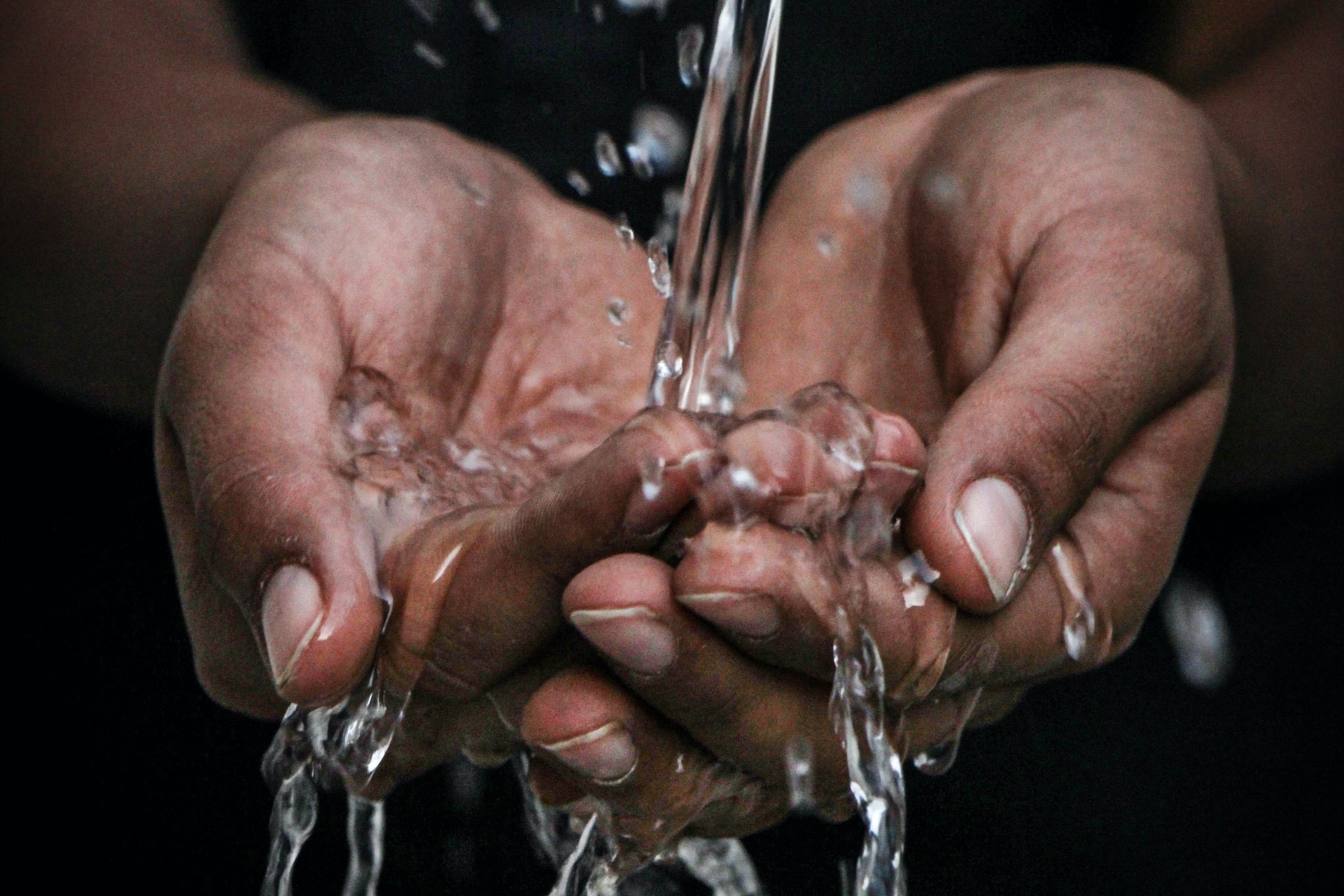With temperatures heating up, getting enough water to drink every day is so important to physical and mental health along with chronic disease management. Water is a major component of the human body, representing on average approximately 60% of an adult’s body weight.
Hydration is critical for health!
- Keeping the body hydrated helps the heart more easily pump blood through the blood vessels to the muscles. And, it helps the muscles work efficiently. “If you’re well-hydrated, your heart doesn’t have to work as hard,” said John Batson, M.D, a sports medicine physician with Lowcountry Spine & Sport in Hilton Head Island, S.C., and an American Heart Association volunteer.
- Hydration has a major effect on energy levels.
- Water is a natural appetite suppressant. In a study conducted in 2014, participants were drinking water 30 minutes before breakfast, lunch, dinner in addition to their “normal” drinking for 8 weeks. The participants all experienced a reduction in body weight, body fat, and BMI.
- Some research indicated that drinking water can help burn calories.
- Water can help remove waste from the body. When the body is dehydrated, it cannot remove waste as quickly or efficiently.
- Water is necessary to burn fat! Without water, when one is dehydrated, the body cannot properly metabolize stored fat or carbohydrates.
- Water and proper hydration help muscles, connective tissues, and joints to move correctly.
- It is also now known that dehydration alone can cause anxiety. Proper hydration can help make panic attacks less frequent.
How much water do you need?
Thirst isn’t the best indicator that you need to drink. If you get thirsty, drink water! Pale and clear means you’re well hydrated. If it’s dark, drink more fluids.
The National Academies of Sciences, Engineering, and Medicine determined that adequate daily fluid intake is:
- About 15.5 cups (3.7 liters) of fluids for men
- About 11.5 cups (2.7 liters) of fluids a day for women
A person who perspires heavily will need to drink more than someone who doesn’t. Certain medical conditions, such as diabetes or heart disease, may also mean you need to drink more water. People with cystic fibrosis have high concentrations of sodium in their sweat and also need to use caution to avoid dehydration. And some medications can act as diuretics, causing the body to lose more fluid.
Written By Carrie Company
